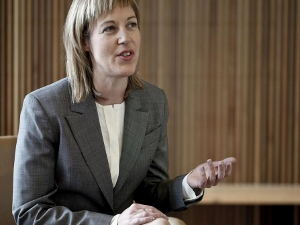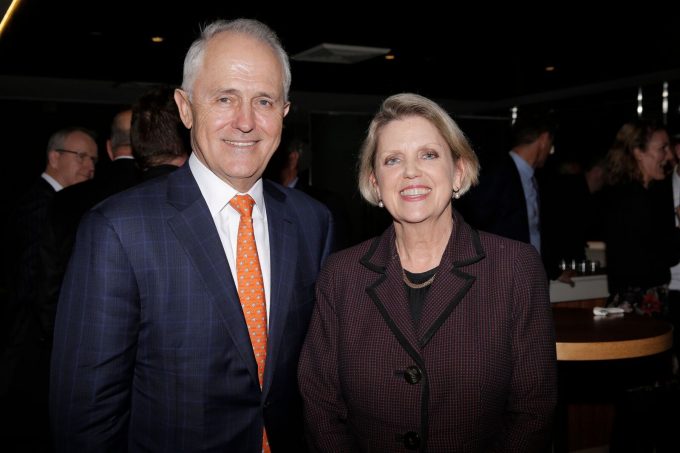
Is Airbnb running out of puff?
Is the Airbnb juggernaut that took the accommodation world by storm running out of gas?
Airbnb hosts are recording dramatic falls in occupancy rates around the world.
On the Gold Coast, the decline in short-term rental accommodation is pronounced, as property owners move into the long-term rental sector for better security now that the rising cost of living has impacted the holiday market.
Our latest AccomNews print issue is available now. Read it HERE
With councils around Australia reviewing their policies for platforms such as Airbnb it seems that market forces are already clipping the wings of the online accommodation provider.
Managers of short-term accommodation on the Coast say their bookings have dropped by a third compared with 2022.
This is good news for all those who blame the current rental crisis at the holiday hotspot on the proliferation of short-term rental properties when so many people cannot find a long-term home to lease.
The Gold Coast has a rental vacancy rate of just 0.7 percent. There are more than 11,000 registered Airbnb properties there and another 250 have been given show cause notices over the last year after trying to dodge an $8000 registration fee and higher rates as licensed short-term rentals.
A study by the Australian Bureau of Statistics shows that one-in-10 homes on the Gold Coast are empty, at the same time as 10 percent of the city’s population is struggling to find a home.
The downturn in Airbnb rentals seems to be widespread.
Noosa has doubled its council rates and demanded that owners appoint property managers.
The Brisbane City Council announced it will hike rates for short-term accommodation by 50 percent, and the Byron Shire Council is introducing a 60-day annual cap on short-term holiday letting in an effort to alleviate the region’s housing crisis.
While Airbnb has been a major disruptor in the accommodation market, the summer holiday season in America has been greatly disrupted for their hosts due to a sudden drop in bookings.
A viral Twitter post last December shared a screenshot from a private Facebook group for “Airbnb Superhosts”, a term for the top-rated owners on the platform.
“What’s going on with Airbnb? No bookings at all,” one person wrote.
Another asked if anyone had seen a huge decrease in bookings, adding that their property went from at least 50 percent occupancy to “literally zero percent the last two months.”
Another wrote, “The Airbnbust is upon us.”
Airbnb reservations in Brussels have fallen 25 percent over the past three years, in spite of the Belgian holiday accommodation sector experiencing a boom after COVID-19 restrictions were lifted.
In May Airbnb Inc said that it expected fewer bookings and lower average daily rates in the second quarter of the financial year compared with a year earlier, sending shares down in New York by 11.5 percent.
On the Gold Coast, Linda Hildingsson, the director of the property management firm Manage My BnB, told ABC that there had been a dramatic change for Airbnb hosts there.
She said Easter bookings for her short-term letting properties were down nearly 40 percent on last year, and that of the 140 short-term properties her business managed, about 50 had already converted to long-term rentals.
Dr Thomas Sigler, an urban and economic geographer from the University of Queensland, told The Guardian website that the number of short-term rentals in Australia had dropped from a peak of more than 300,000 between 2016 and 2019 to the “low 200,000s” last year.
Despite reports of hosts struggling to get bookings, the outlook for Airbnb remains strong.
According to its Q3 2022 results, Airbnb reported its “most profitable quarter ever”. With nearly 100 million Nights and Experiences Booked, up 25 percent year-over-year.
“The third quarter of 2022 demonstrates we continue to drive growth and profitability at scale. Guest demand on Airbnb remains strong”, said Airbnb Co-Founder and CEO Brian Chesky, in the report.
Airbnb also had a strong start to 2023, in Q1, reporting a Net income of $117 million.
But in May 2023 Reuters reported that Airbnb was expecting fewer bookings and lower average daily rates in the second quarter of 2023 versus a year earlier, sending shares down 11.5 percent.
Update August 4, 2023: Airbnb Q2 2023 financial results released HERE
Grantlee Kieza OAM has won three Queensland Media Awards, two Australian Sports Commission Awards and has been a finalist for the Walkley and News Awards and for the Harry Gordon Award for Australian sports journalist of the year. In 2019 he received the Medal of the Order of Australia for his writing. You can find more of his work in our AccomNews & Resort News print magazines.
He has written 22 acclaimed books, including bestsellers Hudson Fysh, The Kelly Hunters, Lawson, Banks, Macquarie, Banjo, Mrs Kelly, Monash, Sons of the Southern Cross and Bert Hinkler.








Interesting article which poses questions using conflicting information.
Definitive info would be more helpful.
Thank you for your comment. I think it’s a wait and see situation, if reports from hosts are correct it should be reflected in Airbnb’s second quarter 2023 financial results which the company has just announced will be released after market close on Thursday, August 3, 2023.